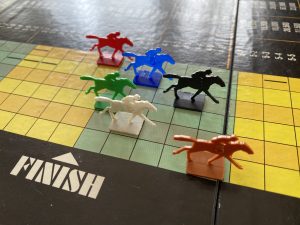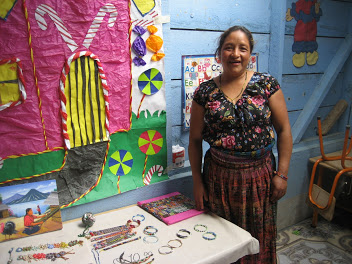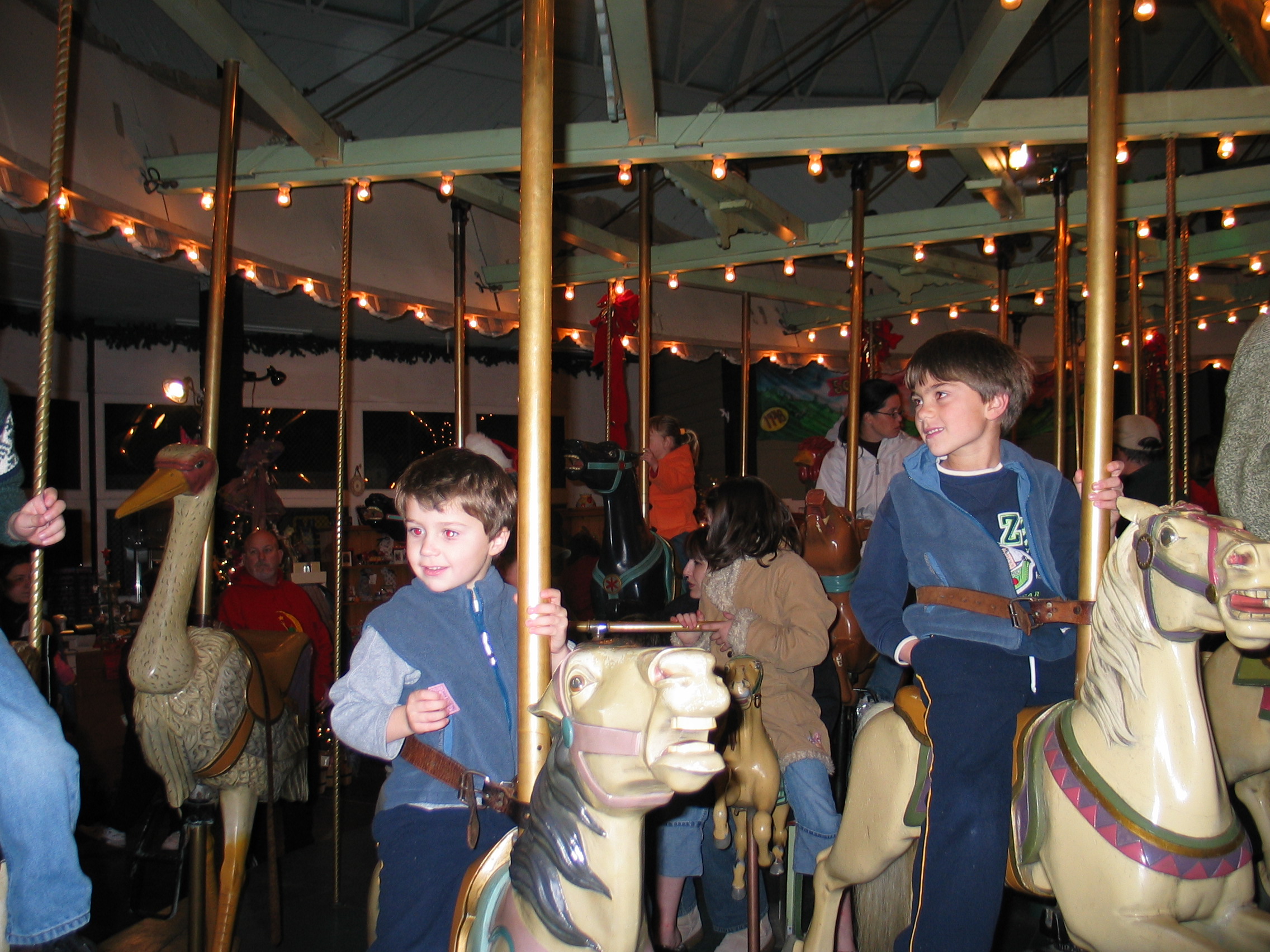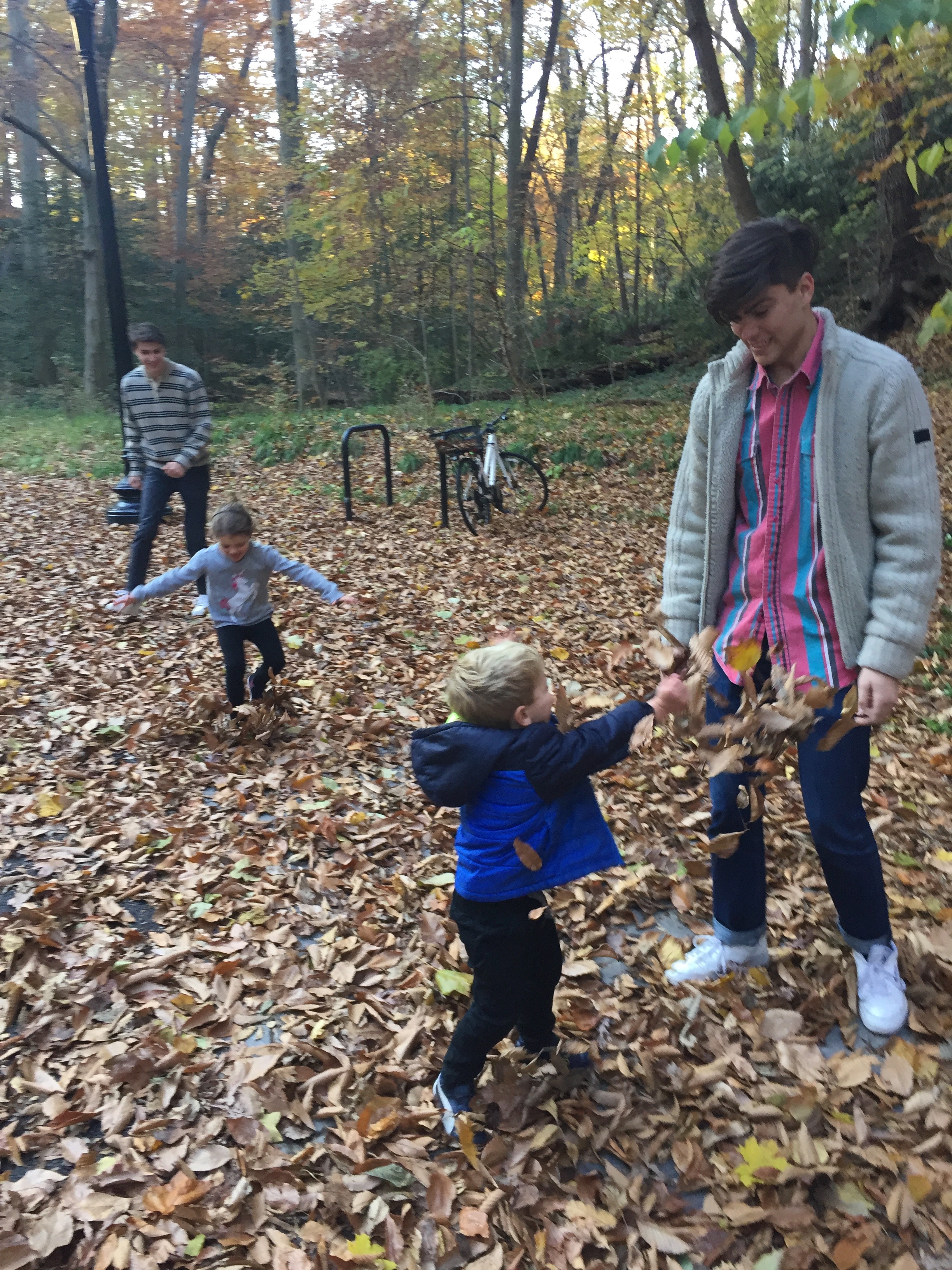
Every morning after I wake up these days, I sip my coffee and hunch over my phone for far too long. What has happened overnight in our Covid-19 world? I’m afraid to know but I want to stay informed. Continue reading


Every morning after I wake up these days, I sip my coffee and hunch over my phone for far too long. What has happened overnight in our Covid-19 world? I’m afraid to know but I want to stay informed. Continue reading

It’s April 15th. Normally this is a day for celebration in our household. Peter has finished the long race to the end of tax season. He and his staff go out for margaritas to celebrate. At home we finally have time to discuss fun things like upcoming vacation plans and the start of baseball season. Continue reading

I’m giving myself an hour or two to write this morning. As with a lot of my writing, I don’t know where this will go. But today seems significant. It’s the last day of the year; tomorrow is a new decade. It seems right to pause, to linger over my coffee and enjoy a bit of solitude before tonight’s festivities. Continue reading
 As soon as her face appeared on the screen, her husband began to sob. He cried loudly and his moans filled the packed classroom. I began to cry too as I heard his grief. I glanced around and saw everyone else—the middle school students, the teachers and her family–wiping away tears as well. Continue reading
As soon as her face appeared on the screen, her husband began to sob. He cried loudly and his moans filled the packed classroom. I began to cry too as I heard his grief. I glanced around and saw everyone else—the middle school students, the teachers and her family–wiping away tears as well. Continue reading

I added a new page to my web site this week. It announces my entry into the world of spiritual direction. I’m now a certified spiritual director (as of March 9) and this page describes a bit about spiritual direction. Continue reading
 Lent begins today. Months ago, however, I knew what I should give up this season: worry.
Lent begins today. Months ago, however, I knew what I should give up this season: worry.
 I am a mother on the cusp of change. My youngest son will leave for college next year. And this holiday season the familiar signs of Christmas—the sparkling lights, the ornaments on the tree and the special sweets—reminded me that as much as life stays the same, it doesn’t stand still. Continue reading
I am a mother on the cusp of change. My youngest son will leave for college next year. And this holiday season the familiar signs of Christmas—the sparkling lights, the ornaments on the tree and the special sweets—reminded me that as much as life stays the same, it doesn’t stand still. Continue reading

Play. For kids it comes easily. But for adults it’s not something we do that often. When was the last time you played a game, acted in a skit or picked up some crayons?
It had been a long time since I had done any of these things—until I attended a contemplative retreat a few months ago. But that’s exactly what we did at the retreat. We played, we laughed, we relaxed—and something sacred happened. Continue reading

Summer is one of my favorite times of year. I love the sun, the long days and the blooms in my garden. But perhaps the reason I like it most is that there are no big holidays to get ready for. In the church calendar, we are in “ordinary time” and this long stretch from Pentecost to Advent is a time when we can focus on our “ordinary” days. I can ask, how do I spend my time when I don’t have the extra obligations of the busier times of year? How can I live with more joy and a balanced rhythm of work and play?
One way to do this is by “savoring.” We all know what it means to savor our food. It means appreciating the smells, colors and textures, lingering at each bite, and enjoying the taste. It had never occurred to me we could “savor” other experiences. Perhaps ordinary time is a time to savor the ways God has met me in the first part of the year. In my times of prayer or meeting with my spiritual director I can recall and savor the special moments from the last six months, like the time a friend was baptized or my trip to visit my older son. I feel more joy when I remember the sights and sounds of these events.
I am also learning to value silence. Most days I try to take a long walk in my neighborhood. It’s easy to fill that walk with noise—music or a podcast. Those are not necessarily bad things. But I’d like to experiment a bit with silent walking. I notice more of my surroundings when I am unplugged. I make space for creative thinking and maybe even prayer.
There is still work to be done in ordinary time. Sometimes it feels quite, well, ordinary. There is shopping, cooking, cleaning, paying bills, planning trips. We all have to do a lot of routine and often boring tasks. In my better moments, though, I remember the example of Brother Lawrence, the 17th century monk who found peace in washing dishes in the monastery kitchen. He was a believer that we can experience God not just in “spiritual” activities like church but in our everyday, menial tasks.
Many contemporary authors write about this idea of experiencing God in the ordinary. Tish Harrison Warren explores this concept in her lovely book “Liturgy of the Ordinary, Sacred Practices in Everyday Life.” She breaks down a typical day, from waking up and getting dressed to losing her keys and checking e-mail, and shows how each activity is not so different from the elements of a Sunday worship service. Waking up, for example, is like baptism and “learning to be beloved.” Losing keys is like confession (because she realizes how angry and frustrated she can get by such a small thing). I particularly like her “fighting with her husband.” She compares that to passing the peace and the “everyday work of shalom.”
All of the small, ordinary events of our lives can be sacramental, says Harrison Warren, meaning that God can meet us in the “earthy, material world where we dwell.” I hope to reread this book this summer and pay more attention to the rhythms of my daily life.
This summer, unlike most summers, my family has no big travel plans. Maybe that’s why I’m feeling like I can embrace this ordinary time even more fully. Perhaps this is the summer to appreciate where I live, where God has placed me. I’m eager to attend the outdoor theater production in a neighboring town and I look forward to exploring parts of the city I’ve never been to. I know there are projects at home too. We will be putting a new roof on our house sometime in the next few months, and I’m mindful it will require patience and a heart oriented to thankfulness. I also appreciate this summer as a pause before my son’s senior year of high school, a year that will be filled with a lot of busyness as he prepares college applications and graduation requirements.
As I write this it is almost the summer solstice, the longest day of the year in the Northern Hemisphere where I live. It’s a great time to practice savoring. In particular I remember past summers when I was traveling in some beautiful places. I especially remember several trips to Northern Spain, where, because of its geography, the sun didn’t set until nearly 10 pm. I’ll never forget the lively nighttime streets, the delicious tapas and paella, and our rosy cheeks from a day at the beach. I’d like to be back there again, but the memories are almost just as good.
What can you savor during this ordinary time? How can you build more silence into your days? And how can you be aware of the sacramental in the ordinary, everyday tasks of life? A friend of mine recently recounted how she had been gone for three weeks and when she returned a sunflower in her yard had grown about five feet! This reminded me that in this season of light and ordinariness amazing things are happening all around. This season, void of big holidays, can be the perfect time to notice the holy in the everyday and find reasons to orient ourselves toward joy and peace. We just might need more joy and peace in the busier times of year.
 Do you have a favorite time of day? Maybe it’s looking forward to that first sip of coffee in the morning. Maybe it’s listening to your favorite song or podcast on the way home from work.
Do you have a favorite time of day? Maybe it’s looking forward to that first sip of coffee in the morning. Maybe it’s listening to your favorite song or podcast on the way home from work.
I have a few favorite times. One time is at the end of my day, maybe around 11:30 pm. That’s when I’m usually in bed, journal or book in hand, my Schnauzer cuddled up next to me. It’s also when my younger son TJ joins me, ostensibly to cuddle with the dog for a few minutes, but also for a little mom time and a back rub.
Not so many years ago TJ was a little boy and I would tuck him in his bed among his stuffed animals after reading to him. As he approached adolescence I knew those days were numbered and I became wistful that he’d no longer want that nighttime ritual. A few years later I did stop reading to TJ and instead he and his older brother Miguel simply chatted with each other as they fell asleep. Then, Miguel left for college and TJ felt alone in his big room. That’s when he started coming to me to hang out for a while before bedtime.
Mostly, our conversations revolve around the dog. Where is Romeo’s favorite place to be scratched? Is he putting on some weight? What does he dream about? In between, I read a few pages of a book and TJ looks at Reddit on his laptop. Every so often I’ll glance over in amazement at TJ’s lanky six-foot frame stretched out next to me. How did my little boy grow into this big man? Eventually, if TJ stays a long time, my husband will come in and kick him out. But he’s reluctant to interrupt our time together.
I thought of all this recently as I learned in my spiritual direction program the importance of engaging mind and body in spiritual practices. The times of hanging out with TJ before bedtime, being close physically and mentally, are almost spiritual experiences. It feels like time stops for a while. I get a sense of the transcendent in everyday life.
At my spiritual direction group this week one of the facilitators started our meeting by reminding us that it was holy week, the most important week of the Christian year. She asked us to pray holding our palms open and facing up, as a physical symbol of letting go of those things that were weighing on us. I thought of the many worries on my mind and the things I wanted to resolve. Then I thought of Jesus’ life. He only lived 33 years and, from a human perspective, that seems short. Think of how many more miracles he could have performed or sermons he could have given had he lived longer! Yet he lived a perfect life. As I sat in prayer, with my hands open, I asked God to release my striving to complete and resolve so many things. Our meeting continued on for several more hours, but that moment, with my palms turned up, was the most transcendent.
Lent and Easter can be a good time to remember the mind-body-spirit connection. For Lent we often give up something physical, like a certain food, to focus on the holy. This year, instead of giving something up, I added something healthy. A friend challenged me to walk to church instead of driving. Since the walk is only about 10 minutes, this wasn’t difficult. I just had to remember to give myself an extra 10 minutes to get to church. The extra walking felt good. I didn’t exactly pray during the walks but I found myself in a state of gratitude as I admired the neighbors’ blooming daffodils and tulip trees. I always paused at a small creek where I could hear the spring rains running by, down to the bay. One morning I saw a family of deer cross the street. I arrived at church on Sundays in a more contented, relaxed state. This is one Lenten practice I’ll hope to keep.
Last night I participated in our Maundy Thursday service, which culminated in a powerful mind-body-spirit experience—washing each other’s feet. We did this to commemorate Jesus’ last supper with his disciples, when he washed their feet to show his love toward them. I’ll admit I was a bit hesitant to wash another person’s feet and get my feet washed in return. My partner and I let a family with two small children go ahead of us in line. Surprisingly, or maybe not, the young children were eager to participate. They each had a turn in the chair, dangling their legs above the water bowl and eagerly leaning forward to get their feet washed. When that was done, they cried out, “I want to wash your feet Mommy! Can I do it, please!” It reminded me that kids aren’t self-conscious about their bodies. They can enter into an experience in a way adults often can’t—or can only through some effort. I wanted to be a bit more like those kids.
Today is Good Friday and I will once again go to church. It will be a somber service. The sanctuary will be dark except for a few candles that will be gradually snuffed out. At the end of the service we will take turns holding a heavy hammer and pounding nails into a large wooden cross. The sound of pounding will ring in my head for hours afterwards. I will remember Jesus’ short and perfect life. I will experience his suffering and death in a tiny way through the sights and sounds of the service. I would rather skip over this part of the story but I realize darkness and pain are part of our reality. I will attend this service, if not out of desire, then out of obedience to the truth of the whole story. And fortunately today isn’t the end of the story.
What will I remember of this Easter season? I may remember that this was a time when I saw more clearly the integration of mind, body and spirit. I will be thankful that I have many teachers of this lesson—my son, my spiritual direction group, friends and friends’ children. I will commit to living not just in one dimension, but in all my wholeness, slanting toward joy.
“I have the immense joy of being a [human being], a member of a race in which God became incarnate. As if the sorrows and stupidities of the human condition could overwhelm me, now I realize what we all are. And if only everybody could realize this! But it cannot be explained. There is no way of telling people that they are all walking around shining like the sun.” – Thomas Merton